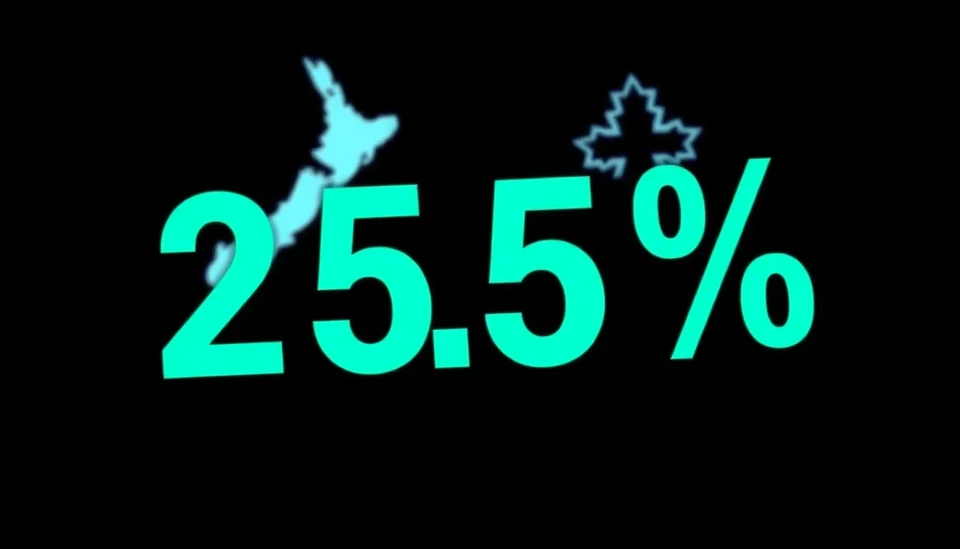
The New Zealand government is seeking to modify regulations set by the Reserve Bank of New Zealand (RBNZ) with the aim of bolstering community housing efforts. This initiative is part of a larger strategy to address the ongoing housing crisis that has left many residents without secure and affordable places to live.
In a recent announcement, the government outlined its intention to ease existing financial restrictions that hinder community housing providers from accessing necessary capital. Currently, these organizations face strict borrowing limits, which have restricted their ability to invest in housing projects. By adjusting these rules, the government believes it can significantly enhance the availability of affordable housing across the nation.
Community housing providers play a crucial role in New Zealand's housing system, specifically catering to vulnerable populations who are often overlooked by the private market. The proposed changes would allow these providers to expand their operations, promote public-private partnerships, and ultimately increase the number of homes available to those most in need.
Housing Minister Megan Woods stated that the rule adjustments are essential to fostering a more inclusive housing market. "We are committed to ensuring that everyone in New Zealand has access to safe, secure, and affordable housing," said Woods. "By enabling our community housing providers to access more funding, we can help them build more homes and better serve our communities."
The proposed RBNZ adjustments come at a critical time as New Zealand grapples with soaring housing costs, which have been a significant source of public frustration. Reports indicate that many residents are unable to afford home ownership, with a growing percentage of the population relying on rental markets that have also seen significant price increases.
Furthermore, the move has garnered support from various stakeholders, including local authorities and housing advocacy groups, who argue that empowering community housing providers is vital for creating a sustainable and diverse housing ecosystem. Stakeholders recognize that, while government initiatives have been integral to addressing the housing shortage, the active participation of community organizations is equally important.
In response to the news, several community housing organizations expressed optimism over the potential for increased funding. Many are currently developing plans to expand their portfolios and better meet the growing demand for affordable housing in urban areas.
As further details regarding the implementation of these regulatory tweaks are expected to be released in the coming months, all eyes will be on how these changes will directly influence housing accessibility and affordability across New Zealand.
With a positive public reception and collaboration among governmental and community entities, there is hope that these strategic modifications will turn the tide on New Zealand's housing challenges.
As this story develops, it will be essential to monitor the impact of these regulatory changes and whether they will facilitate the much-needed turnaround in the housing landscape.
#NewZealand #RBNZ #CommunityHousing #AffordableHousing #HousingCrisis #RegulatoryChanges #HousingAccessibility #GovernmentInitiatives
Author: Laura Mitchell




